sol2070 finished reading Galatea 2.2 by Richard Powers
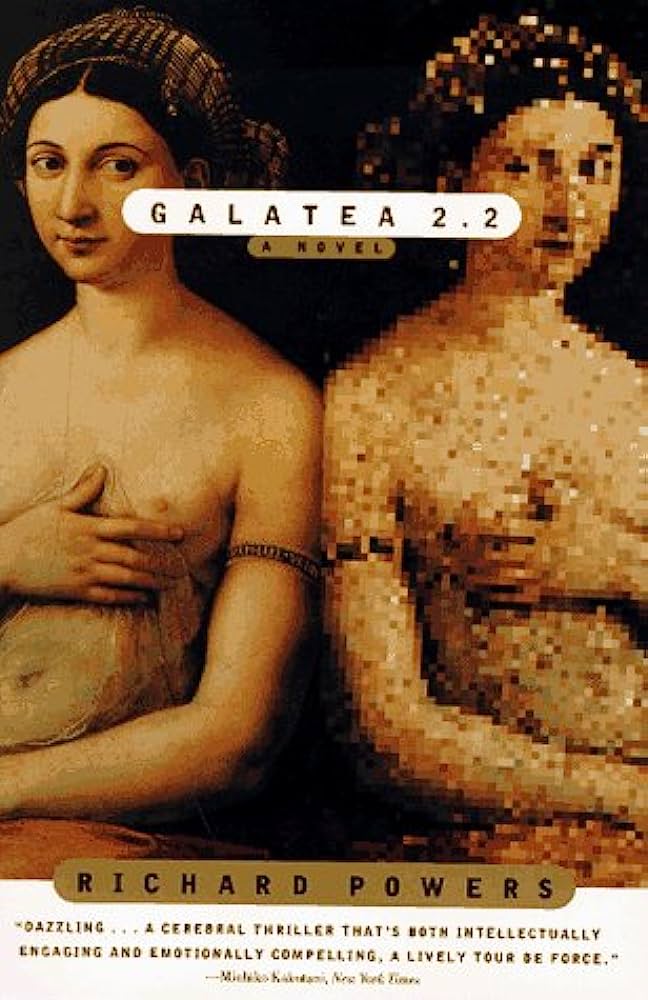
Galatea 2.2 by Richard Powers
Galatea 2.2 is a 1995 pseudo-autobiographical novel by American writer Richard Powers and a contemporary reworking of the Pygmalion myth. …
Costumo ler fic-spec, filosofia, sobre natureza, política, tech etc. Mais livros no blog → sol2070.in/livros Também escrevo ficção científica → fic.sol2070.in/ Mastodon → @[email protected] Clube do livro Contracapa → contracapa.club
This link opens in a pop-up window

Galatea 2.2 is a 1995 pseudo-autobiographical novel by American writer Richard Powers and a contemporary reworking of the Pygmalion myth. …
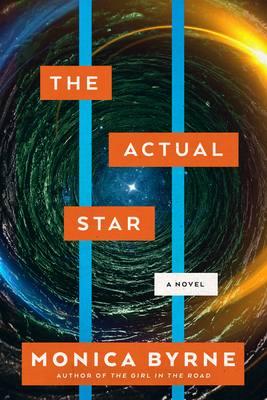
The Actual Star takes readers on a journey over two millennia and six continents —telling three powerful tales a thousand …

The Actual Star takes readers on a journey over two millennia and six continents —telling three powerful tales a thousand …

The Actual Star takes readers on a journey over two millennia and six continents —telling three powerful tales a thousand …

Galatea 2.2 is a 1995 pseudo-autobiographical novel by American writer Richard Powers and a contemporary reworking of the Pygmalion myth. …
(em português → sol2070.in/2023/08/Porque-ler-Spinoza )
I had wanted to delve deeper into the philosopher Spinoza (Holland, 17th century) ever since I read Bertrand Russell's "History of Western Philosophy" in college. In the easily digestible summaries of the life and work of each important Western thinker in that collection, Spinoza's "rational pantheism" seemed to me the best way to explain and extract meaning from reality.
Another attraction is that this thinker was one of the few who lived the philosophy he formulated, rather than the standard behavior of saying one thing and doing another. If philosophy were a religion, Spinoza would be one of its greatest saints.
His greatest work "Ethics" is no exception to the rule of the classics of philosophy: "difficult" is a nickname. That's one of the reasons it took me so long to get to grips with the book. But I still intend to re-read it several …
(em português → sol2070.in/2023/08/Porque-ler-Spinoza )
I had wanted to delve deeper into the philosopher Spinoza (Holland, 17th century) ever since I read Bertrand Russell's "History of Western Philosophy" in college. In the easily digestible summaries of the life and work of each important Western thinker in that collection, Spinoza's "rational pantheism" seemed to me the best way to explain and extract meaning from reality.
Another attraction is that this thinker was one of the few who lived the philosophy he formulated, rather than the standard behavior of saying one thing and doing another. If philosophy were a religion, Spinoza would be one of its greatest saints.
His greatest work "Ethics" is no exception to the rule of the classics of philosophy: "difficult" is a nickname. That's one of the reasons it took me so long to get to grips with the book. But I still intend to re-read it several times, as with any good book of ideas.
If I understood half the book, it was a lot. The biggest difficulty is the mathematical formulation of the ideas. The sentences constantly refer to several other complex propositions and definitions. Miss one and you've missed them all, more or less. But this also creates a unique beauty.
The summary of "Ethics" is so simple that it has already been incorporated into culture in general. Like everything that exists, we are parts or processes of a whole, the universe or cosmos, which Spinoza calls "god or nature". From this knowledge, complete formulations unfold about the nature of the mind, emotions and ethical principles (i.e. what to do). Each proposition is logically demonstrated (including the idea that "God" is a kind of total sum), and the main ones unfold in a cascade.
That's the hard part, keeping up with the logic. But it's also the most valuable part, since mere ideas about metaphysics and morality like these, without consistent logical demonstration, abound out there, especially in religions.
The power of "Ethics" is the formulation of a philosophy that dispenses with beliefs, encompassing both immanent and transcendent aspects of reality, and which unfolds in ethical principles that are not arbitrary but grounded in the nature of the reality being examined. For example, the idea that evil stems from a limitation in the view and understanding of reality, which prevents the perception of the interconnectedness of all things, and the attitude that arises from this.
A fundamental consequence of the spinozist view is that experiences and insights that are often described as "spiritual", "psychedelic" or "religious" - for example, the transcendence of the individual ego towards the recognition of an omnipresent "greater" principle - are nothing more than simply and finally seeing reality as it is. In other words, it's a kind of "secular immanent transcendence", which dispenses with the supernatural.
Nowadays it's also common to imagine that consistent (non-relativistic) ethical principles are something for religious people, or "idealistic", naive people. It's a crisis of values. But, according to Spinoza, ethics is a consequence of understanding reality.
Books that explain Spinoza
In fact, I ventured straight into the classic because I couldn't find any "Spinoza for Dummies". Even so, I felt the need to simultaneously read books that explain this thought.
One of them is excellent: "Spinoza's Religion", by Clare Carlisle. It's a fluid read, almost aimed at the general public. However, Clare's thesis is that Spinoza's philosophy is not as secular and "scientific" as it sounds, but that there are solid "spiritual" principles. Although I'm sympathetic to this idea, it's a theory because the philosopher's writings don't prove it (but they don't prove the opposite either).
Another book that helped a lot with the initial part on "God or nature" was "Expressionism in Philosophy: Spinoza", by Gilles Deleuze. But I haven't read the whole thing, as it gets more complex than the main text, as it brings in various other interpretations.
I also recently saw this great text (aeon.co/essays/how-to-face-the-climate-crisis-with-spinoza-and-self-knowledge) that connects Spinoza more directly with ecology, as well as summarizing his life and work.
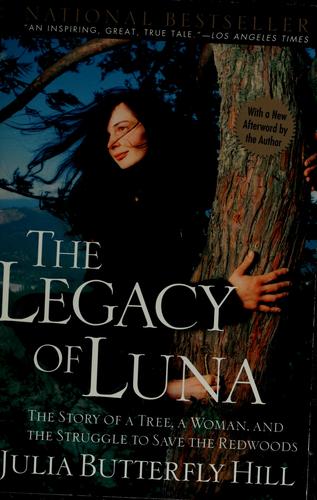
The woman who spent more than two years living in Luna, a thousand-year-old redwood in Humboldt County, California, tells the …
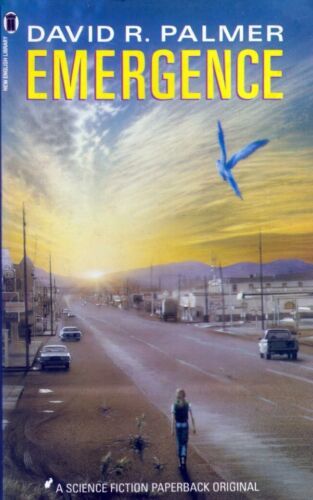
Candidia Maria Smith-Foster, an eleven-year-old girl, is unaware that she's a Homo post hominem, mankind's next evolutionary step.
With international …
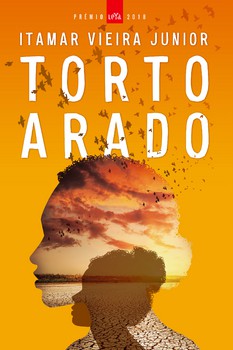
Bibiana e Belonísia são filhas de trabalhadores de uma fazenda no Sertão da Bahia, descendentes de escravos para quem a …
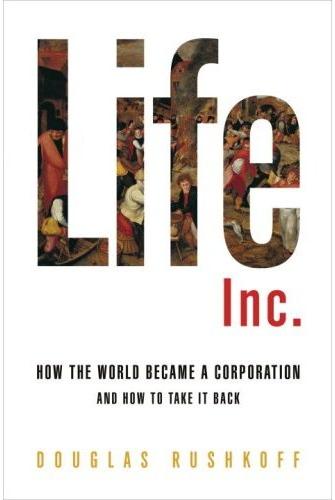
This didn't just happen.In Life Inc., award-winning writer, documentary filmmaker, and scholar Douglas Rushkoff traces how corporations went from being …
( em português → sol2070.in/2023/08/A-F%C3%BAria-dos-Reis-Cr%C3%B4nicas-de-Gelo-e-Fogo-2)
"A Clash of Kings", by George R.R. Martin, is the second volume of the "Song of Ice and Fire" series (adapted into the acclaimed Game of Thrones TV show). In this book, I felt that I had really made up for diving into the bricks (this one is almost a thousand pages long, in the english pocket version) of this literary series, after being hooked by the adaptation and wanting to prolong the experience of the saga. Not that the first volume is bad, but the HBO series follows it so faithfully that the book wasn't as gripping for me.
For those who loved "Game of Thrones" and read, it's a must. One challenge of the on-screen experience is that, because there are so many parallel plots, some profound developments have inevitably been dealt with summarily - otherwise, something like 12 seasons would have been …
( em português → sol2070.in/2023/08/A-F%C3%BAria-dos-Reis-Cr%C3%B4nicas-de-Gelo-e-Fogo-2)
"A Clash of Kings", by George R.R. Martin, is the second volume of the "Song of Ice and Fire" series (adapted into the acclaimed Game of Thrones TV show). In this book, I felt that I had really made up for diving into the bricks (this one is almost a thousand pages long, in the english pocket version) of this literary series, after being hooked by the adaptation and wanting to prolong the experience of the saga. Not that the first volume is bad, but the HBO series follows it so faithfully that the book wasn't as gripping for me.
For those who loved "Game of Thrones" and read, it's a must. One challenge of the on-screen experience is that, because there are so many parallel plots, some profound developments have inevitably been dealt with summarily - otherwise, something like 12 seasons would have been necessary. For example, Bran Stark's transformation — this is one of the stories I liked the most and, in the book, (the beginning of it) is much better explored, bringing a whole dimension of pantheistic natural spirituality that hardly appeared on screen.
There are also several very interesting events that were completely left out of the adaptation, such as some involving Arya, one of the most captivating characters. The dialogues — which are already long on screen — also expand, along with the psychological perspective, especially when it involves intense antagonism.
Inevitably, I'm comparing everything to the adaptation. But even if I hadn't seen "Game of Thrones", it's likely that this series will be the best I've ever read, due to its exceptional mythology.
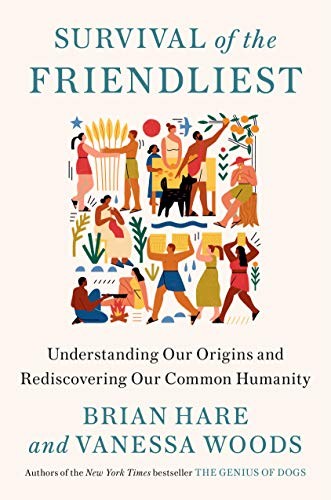
A powerful new theory of human nature suggests that our secret to success as a species is our unique friendliness …
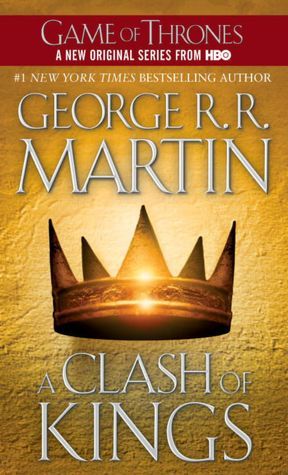
A comet the colour of blood and flame cuts across the sky. And from the ancient citadel of Dragonstone to …
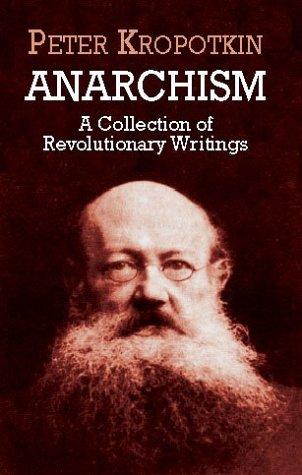
Important writings by the leading theorist of anarchism, including the brief but moving "Spirit of Revolt," "Law and Authority," an …
@[email protected] For me, this is one of the best Philip K. Dick novels!